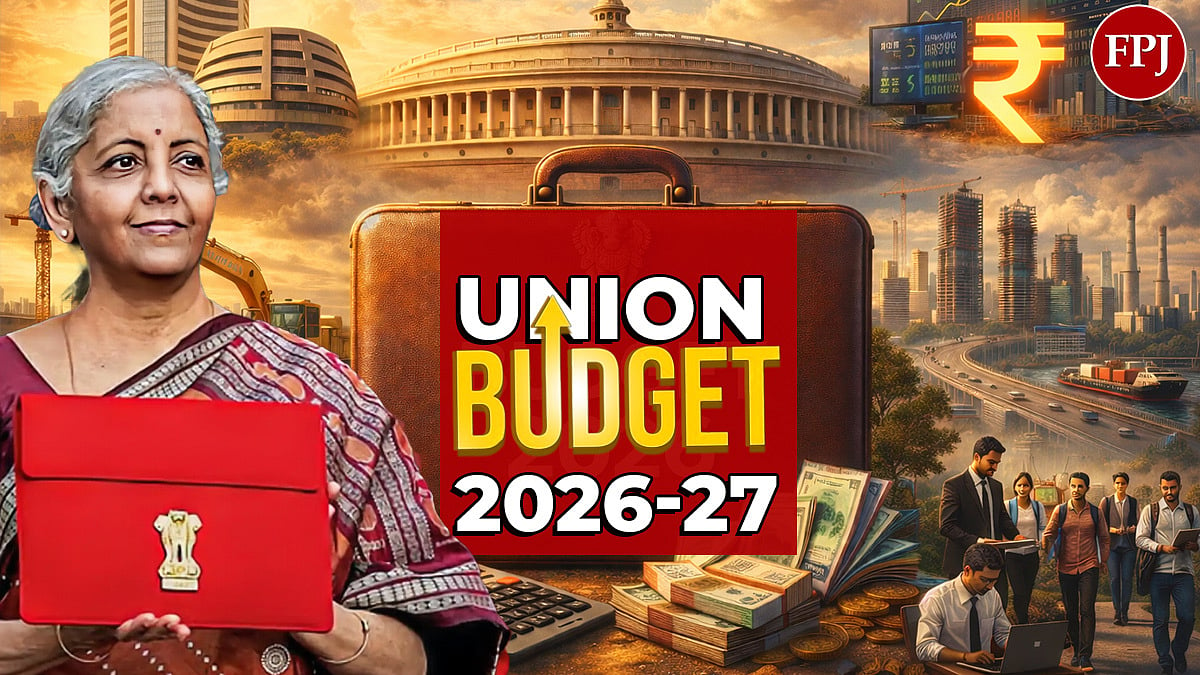How do you save money that you have earned or inherited or even to you as a gift or allowance? What is most important, is the will to want to save. If you get an advisor, then you are on your way to good savings, provided you heed the advice. Else, one learns based on the needs and desires one has. Also, to tide uncertain times that the future might hold, it becomes important to keep a pool of money aside. Let’s look at some simple steps to manage the money that one has:
Manage your money
Managing one’s money need not be a dull task. All it requires is dedication. Deciding to save is the initial step towards finance. Conserving cash can be an effective tool towards higher financial self-reliance. For instance, just think of a situation where you need to borrow money from a friend for an emergency. But there could also be situations where there is no ‘friend’ who can help you. Swiping one’s card may be the easy way out but you can’t do this every time. Simply because you can fall into a debt trap. So, what is the best way out? Plan. Got your salary? Immediately segregate under various categories — medical, insurance, rent, etc. However, set aside 10% of your revenue each month for that ‘emergency’ situation. That’s it. Set aside 10% of your earnings. Now don’t deposit that in a savings account as it does not fetch any returns. Consider investing in a fluid fund. The liquid fund is a kind of financial obligation mutual fund which spends money in fixed-income creating tools like FDs, industrial paper, certification of down payment, etc. around 4%. Conserve every month and on an ongoing basis. See the magic that is revealed at the end of the tenure of these schemes.
Regulate expenditures
If you are living paycheck to paycheck, perhaps, there are many unintended expenditures. Avoid this by making a budget. Unless you have a plan before your eyes, you won’t be able to control your capital. A spending plan merely demonstrates how much cash you have available in your hands and just how those funds are spent.
Managing surplus money judiciously
Surplus money can be used to make you economically self-dependent. If you do not invest, your money won’t grow to connect the inflationary gap. Investing need not be a hard and also boring job. Goals that need a horizon of three-five years are called medium-term goals. After recognising your goals, you can easily pick the financial investments that match them. On the other hand, a risk-averse temporary financier may go to a liquid fund or a well-balanced fund.

Mutual funds have turned up as the most flexible financial investment haven. You can start a Systematic Investment Plan (SIP) at a nominal amount of Rs 500. Under SIP, a set amount gets deducted from your savings and is purchased as a mutual fund scheme of your choice.
Develop your financial investment portfolio
Creating your first financial investment profile is an accomplishment in itself. Constructing a portfolio involves distributing your financial investments among possession classes like equity, financial obligation, and also cash. Putting all your money in equity isn't a prudent action. You require to branch out the sums that are to be allowed in each possession course as per your financial investment goals.
Get your risks covered
You need to understand that your life and also home are susceptible to risks. These threats can cause a loss of revenue and also place you and your dependents in financial jeopardy. Much like investing is crucial for wealth build-up, insurance is crucial.
However, investing and also insurance coverage are separate which many do not understand. A term insurance coverage plan will be a smarter suggestion to acquire. The term insurance coverage plan offers you greater threat insurance coverage at a practical cost.
Planning your taxes
In tax planning, you assess your financial resources from a tax performance factor. You attempt to make use of the different tax obligation advantages, reductions, and also exemptions to decrease your tax obligation at the end of the financial year.
From a tax planning point of view, you can use several tax savings alternatives. Like the reductions offered from Sections 80C to 80U that are given in the Income Tax Act. One of the most efficient means to make the most of Section 80C is to buy Equity Linked Savings Scheme (ELSS).
If you do not know where to begin, then start by seeking help from someone dependable. If not, seek the help of a financial advisor.
(The writer is Founder, Money Mantra — a personal finance solutions firm)











